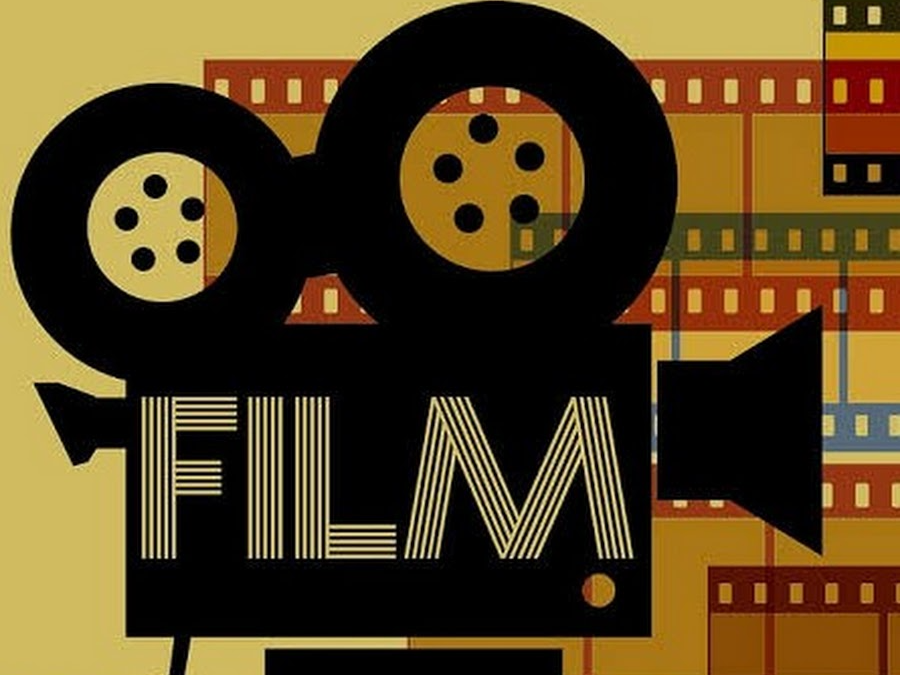

Two biopics on the Nigerian Nobel laureate, Wole Soyinka, will grace the silver screen this year. The Man Died, based on the author’s book of the same title, brings to life the enigmatic figure with Wale Ojo portraying him, and Wole Soyinka, directed by Joshua Ojo with Adedimeji Lateef embodying Soyinka’s essence.Bolanle Austen-Peters’s biopic Funmilayo Ransome-Kuti, a tribute to the life of the political activist, will be unveiled in cinemas nationwide this May.
In 2021, Tunde Kelani-directed Ayinla, a biopic on the Apala music icon Ayinla Yusuf, and Amina on Netflix, a biopic on Queen Amina of Zaria, captivated audiences with their cultural significance.
Over the past three decades, Nollywood has established itself as a powerhouse in cinema and TV content production. However, the focus has primarily been on safer genres such as epics, romcoms, comedies, and action thrillers, which are easier to produce and more likely to be box-office hits. This year, we witness a significant shift as Nollywood ventures into the realm of biopics, exploring the lives of iconic cultural figures.
But as the taste of the Nollywood audience expands, helped by the rise of streaming platforms distributing this content worldwide, creators in the space have begun to explore more niche but important stories.
The surge in biopics is a testament to the power of the Nollywood audience. Distributors have recognized the audience’s desire for entertainment, paving the way for more investments in the genre. Ojo, the creator of Wole Soyinka, shared his journey, stating that after the success of Efunsetan Aniwura, a 2020 biopic on the famous slave trader, he felt more confident in convincing distributors about Wole Soyinka. This shift is a direct response to the evolving tastes and demands of the Nollywood audience.
“To some extent, producers are scared to get a no from distributors that biopics don’t sell. But I’m glad everyone is now looking towards that direction,” he told Pulse Nigeria.
This move to make biopics comes at a time of heightened awareness of African storytelling and representation by Western media. The sequel to the classic Coming to America, Coming 2 America, was met with backlash by Africans who argued that everything from the accent of the Africans to the portrayal of ethnic identities and polygamy reeks of silly Western tropes about Africa.
“Africa is a hugely diverse place, impossible to stereotype; I couldn’t tell you what Zamunda is meant to be inspired by because it doesn’t resemble any African nation I can think of,” the writer Allegra Frank decried of Coming 2 America in Slate magazine.









